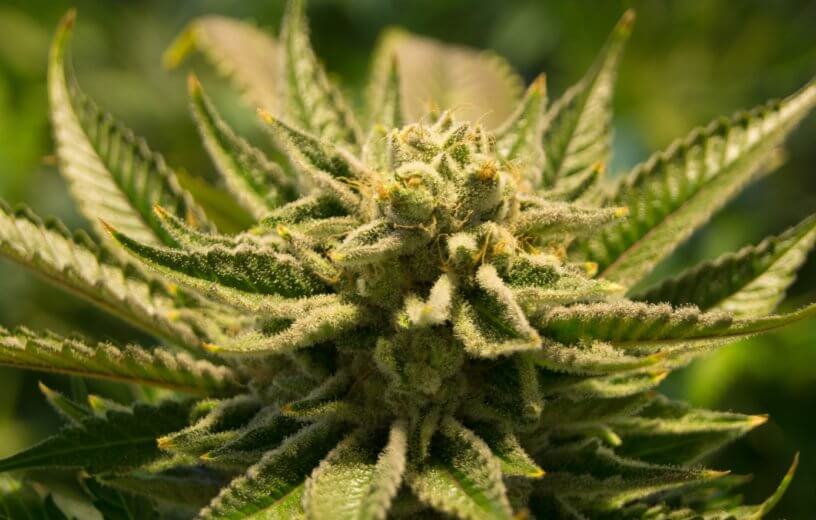HAMILTON, Ontario — Between the flurry of recent legalization victories across North America, and the ongoing CBD craze, marijuana is quickly becoming an accepted part of society. There’s no doubt that cannabis offers a number of proven medicinal benefits, but a new study finds it isn’t effective as a substitute for opioids among those suffering from addiction or opioid use disorder.
Many have speculated that marijuana could be an effective method of weaning opioid patients off of narcotics, but researchers at McMaster University say that approach does not work.
The study’s authors analyzed all available research on the effect of cannabis use, when combined with methadone maintenance therapy, on illicit opioid use and dependence among people struggling with addiction. Methadone maintenance therapy is a very common opioid addiction treatment.
In all, six studies encompassing over 3,600 people were analyzed.
After performing a meta-analysis, researchers concluded that marijuana use didn’t reduce illicit use at all during addiction treatment. Furthermore, it didn’t help keep patients in treatment either.
“There is limited evidence that cannabis use may reduce opioid use in pain management, and some high-profile organizations have suggested cannabis is an ‘exit drug’ for illicit opioid use, but we found no evidence to suggest cannabis helps patients with opioid use disorder stop using opioids,” comments senior author Dr. Zainab Samaan, associate professor of psychiatry and behavioral neurosciences at McMaster, in a statement.
The study is published in the Canadian Medical Association Journal.
